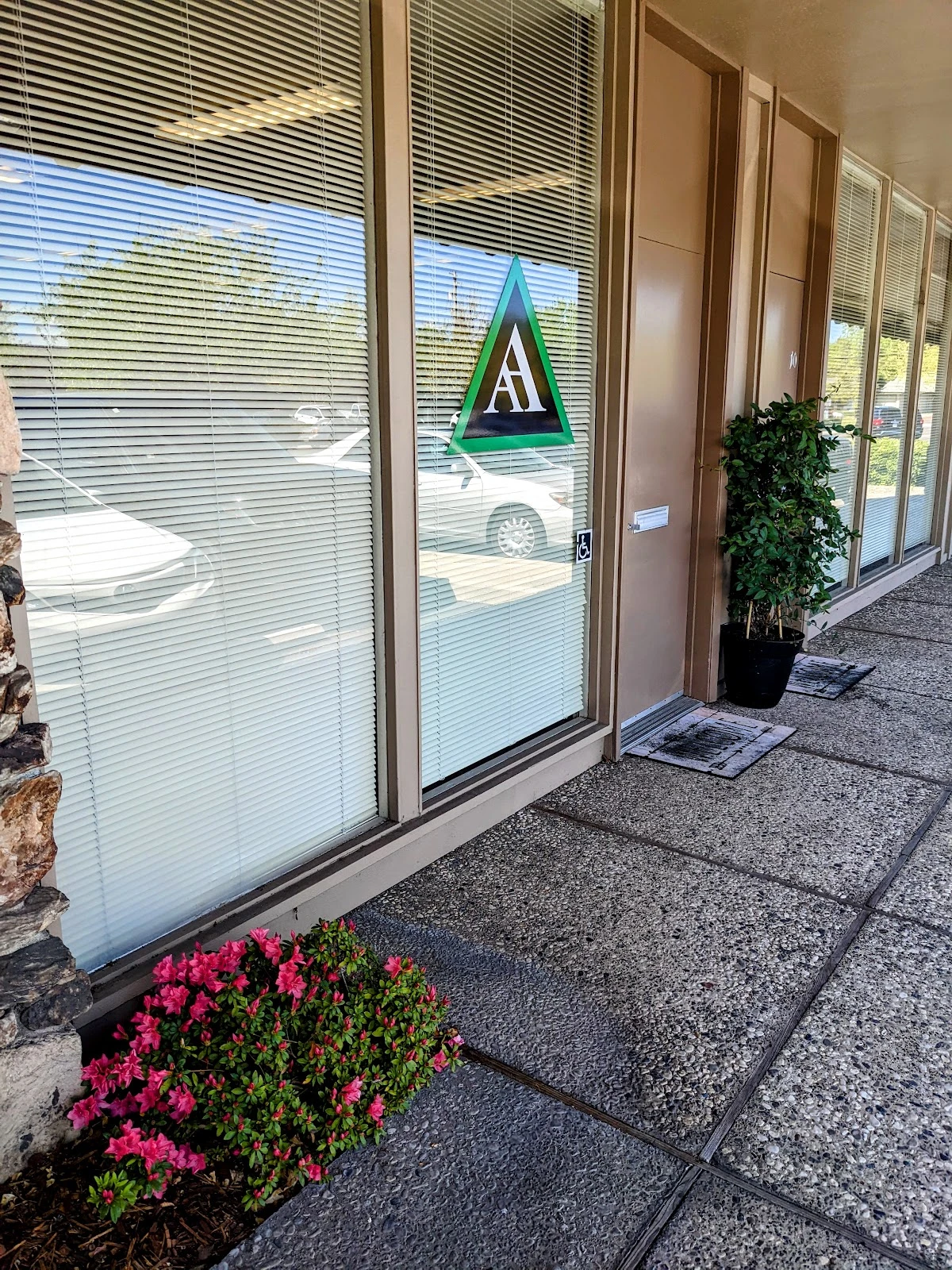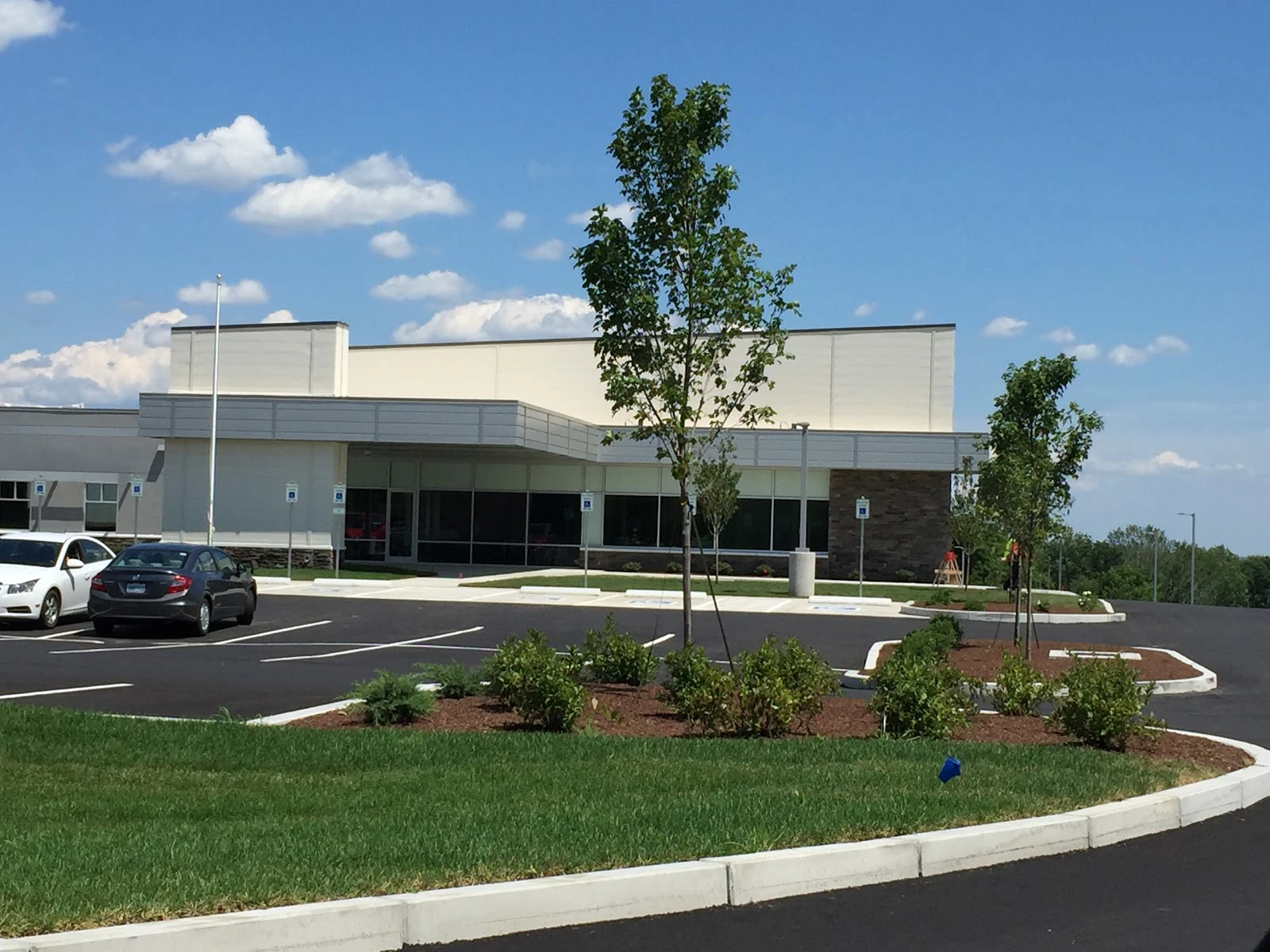Belmont Comprehensive Treatment Center Information
Treatment
Who We Treat
- Male and Female
Treatment Focus
- Medication-Assisted Treatment
- Opioids
- Outpatient
Approaches
- Individual Treatment
- Evidence-Based
- Medical
- Group Therapy
- Dialectical Behavior Therapy (DBT)
- 1-on-1 Counseling
- Medication-Assisted Treatment (MAT)
Substances We Treat
- Prescription Drugs
- Heroin
- Opioids
Languages
- English
Level of Care
- Outpatient
Experience
Smoking and Vaping Policy
- Smoking Not Allowed
- Vaping Not Allowed
Accreditations
-
Commission on Accreditation of Rehabilitation Facilities (CARF)
CARF accreditation is a prestigious recognition for organizations in rehabilitation and human services. It signifies that an organization meets rigorous quality standards and is committed to providing top-notch care. Achieving CARF accreditation involves a thorough evaluation process, including on-site surveys, to ensure excellence in programs and services. This accreditation boosts an organization's credibility, assures clients and funders of quality, and promotes ongoing improvement in the field of rehabilitation and human services.

Additional Locations
Belmont Comprehensive Treatment Center Accepts The Following Insurance Plans
Find the best treatment options. Call our free and confidential helpline today!



















